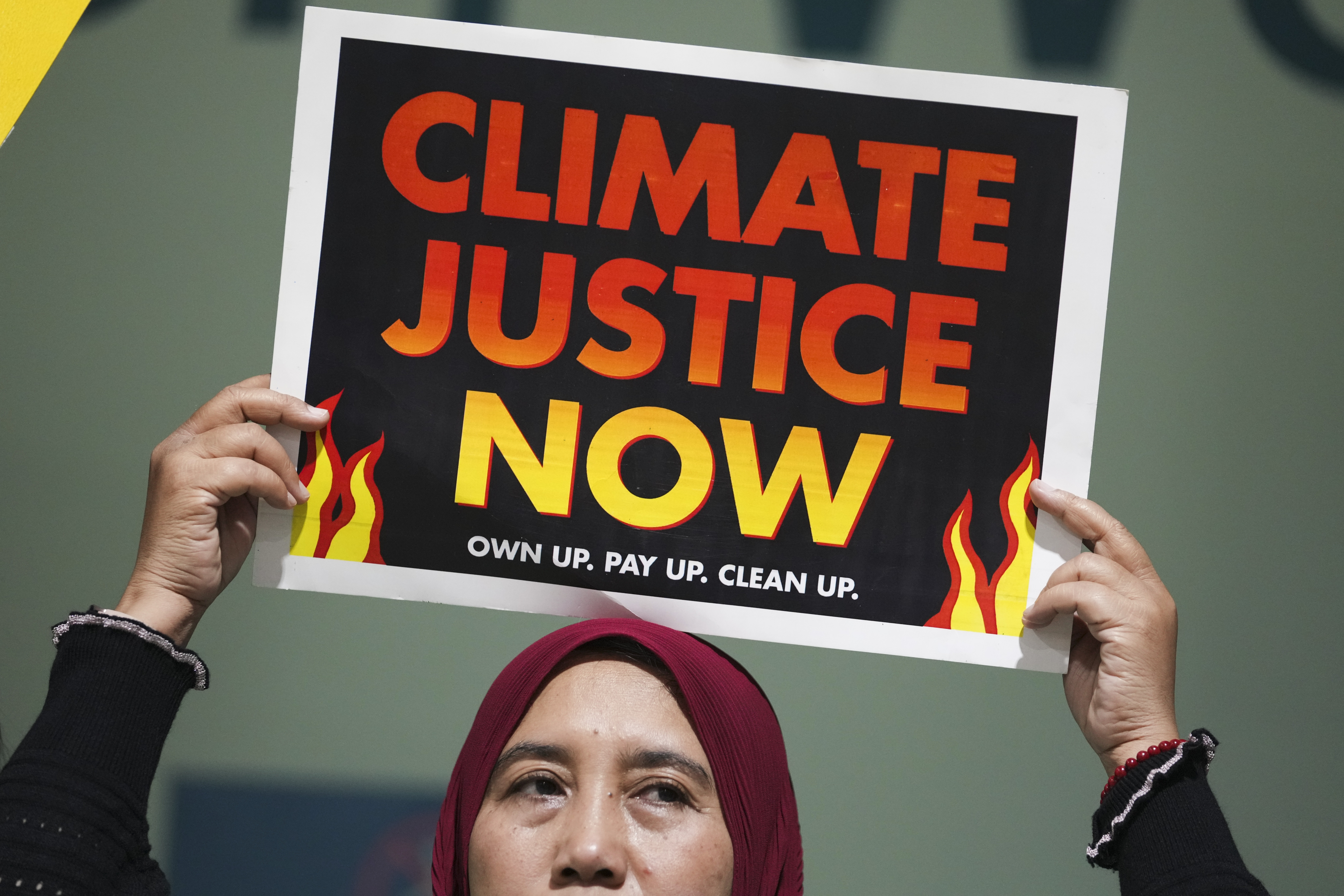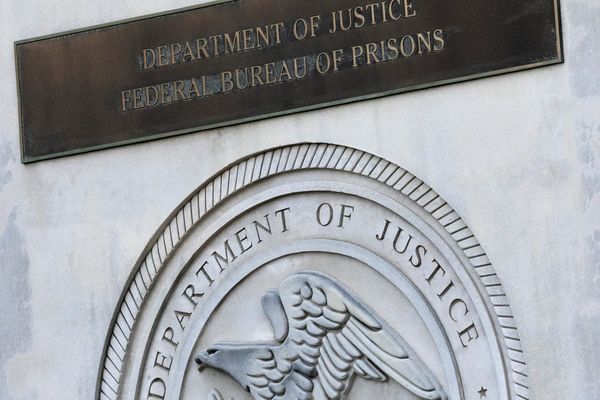
Tackling the climate crisis should be at the centre of G20 discussions this week, the president of Cop29 urged.
The UN climate summit entered its second week in Baku, Azerbaijan, on Monday at the same time as leaders of the world’s biggest economies, including Sir Keir Starmer, gathered on the other side of the world in Rio de Janeiro, Brazil.
Cop29 president Mukhtar Babayev told reporters in Baku that countries need to “work together” to find solutions to key political issues causing a deadlock in the climate negotiations.
Pressure is mounting on G20 nations to send a positive political signal on climate finance from Rio, with Mr Babayev calling their leadership on the issue “essential” for making progress on the 2015 Paris Agreement to limit dangerous warming.
We urge them to use the G20 meeting to send a positive signal of their commitment to address the climate crisis
Given they account for 80% of global emissions and 85% of GDP, he said: “We cannot succeed without them and the world is waiting to hear from them.
“We urge them to use the G20 meeting to send a positive signal of their commitment to address the climate crisis.”
“We want them to provide clear mandates to deliver at Cop29. This is their chance to show their leadership.”
Mr Babayev later added that this week presents a “very good chance” for the G20 to put the issue high on the agenda.
“Climate discussions, climate actions should be the centre of discussions,” he said.
The first week of Cop29 yielded limited progress, hitting walls on key issues such as climate finance for poorer nations, adaptation, cutting emissions and keeping previous commitments on track.
Delegates described the summit so far as “frustrating”, “difficult” and “very tough”, with hopes now resting on ministers and world leaders to drive agreements over the finishing line before the end of the week.
The Cop29 president himself acknowledged concern about the pace of the negotiations, saying parties are “not moving towards each other quickly enough”.
“It’s time for them to move faster,” he said.
“Politicians have the power to deliver a fair and ambitious deal. They must deliver on this responsibility. They must engage immediately and constructively.”
He added: “The highest possible level of ambition is indeed difficult and it requires courage. Colleagues, now is time to be brave”.
To help drive progress, Mr Babayev said the UK and Brazil have been invited to support the Cop29 presidency, held by Azerbaijan, to ensure the delivery of “a highly ambitious and balanced set of negotiated outcomes here in Baku”.
UN climate chief Simon Stiell said the two G20 economies had delivered “strong signals” in their newly tabled climate action plans, which countries are required to unveil ahead of Cop30 next year.

The UK, for example, has pledged to slash emissions by 81% by 2035 compared with 1990 levels under its Paris plan, announced last week.
“They plan to ramp up climate action and they are clear they are doing so because it is 100% in their economic interest to do so,” Mr Stiell said.
But he warned the summit that the world is a long way from the Paris Agreement goal to almost halve global emissions by 2030 in order to avoid the worst impacts of climate change.
Mr Stiell said: “Parties need to be moving much faster towards landing zones,” he said, adding that this applies to the negotiations on reaching a finance agreement in particular.
As countries must hammer out a new agreement, experts said a total of one trillion US dollars (£790 billion) needs to be flowing into developing countries each year by 2030, bar China, to meet the Paris Agreement goals.
While Mr Stiell and Mr Babayev urged G20 nations and government ministers to drive forward the negotiations, there have been rumblings that the Cop29 presidency is not sending a clear enough message on what the landing zone on finance could be.
On Monday, the European Union directly called on the Azerbaijan team to “start bringing parties together” during week two.
European commissioner for climate action Wopke Hoekstra told reporters: “There is a clear responsibility, as always, for the Cop presidency to bring this important political course to a conclusion.
“This is truly a conference of parties and ministers are ready to work.
“But we do need the presidency to lead us, to steer us in the direction of a safe landing ground.”







